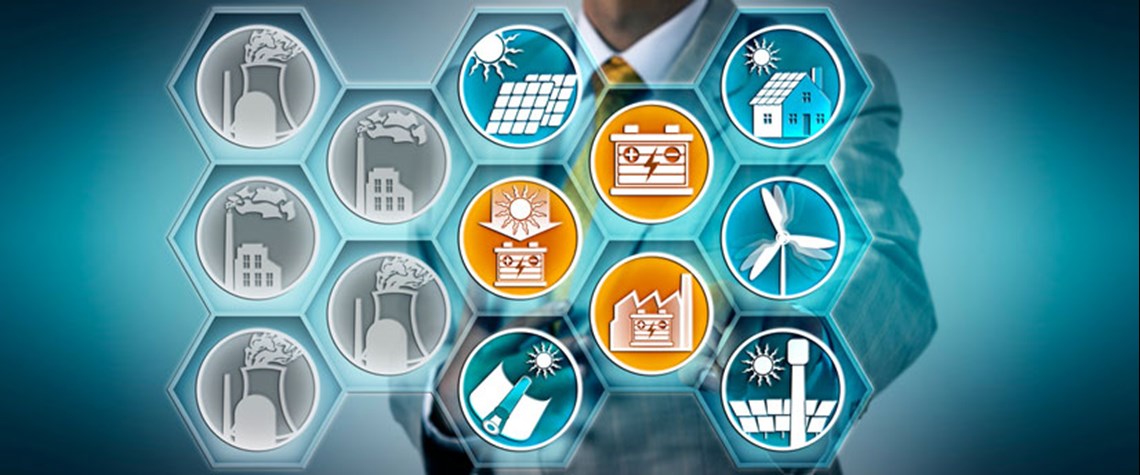BP and Shell prepare for the worst
The UK-headquartered majors are pursuing strategies that assume the future plays out least favourably for hydrocarbons
BP and Shell have presented their new corporate strategies for a lower-carbon world as crafted to be robust and resilient under each of three global energy scenarios they both lay out. But their worst-case scenarios for oil and gas—and hence, best-case scenarios for the planet—appear to be the new strategies’ key drivers, as if the firms’ existential fears should they not radically adapt their traditional business model trumps the potential greater profit should progress be slower. Shell’s Sky 1.5 and BP’s Net Zero were both modelled to meet the Paris Agreement’s more stringent 1.5°C goal. Despite this, these energy worlds of the future are surprisingly different for each scenario —in terms

Also in this section
9 January 2026
A shift in perspective is needed on the carbon challenge, the success of which will determine the speed and extent of emissions cuts and how industries adapt to the new environment
2 January 2026
This year may be a defining one for carbon capture, utilisation and storage in the US, despite the institutional uncertainty
23 December 2025
Legislative reform in Germany sets the stage for commercial carbon capture and transport at a national level, while the UK has already seen financial close on major CCS clusters
15 December 2025
Net zero is not the problem for the UK’s power system. The real issue is with an outdated market design in desperate need of modernisation







